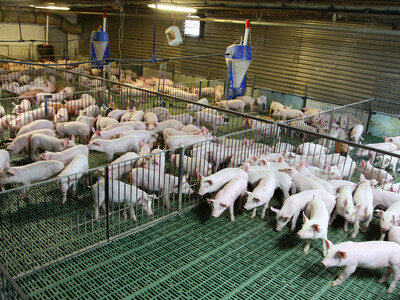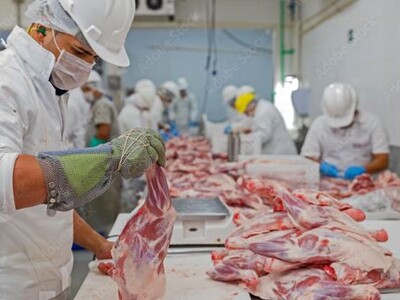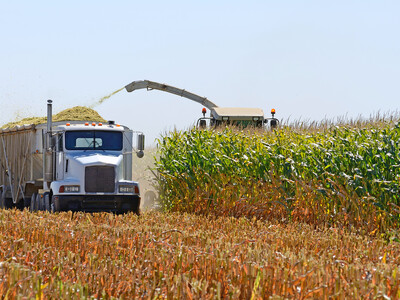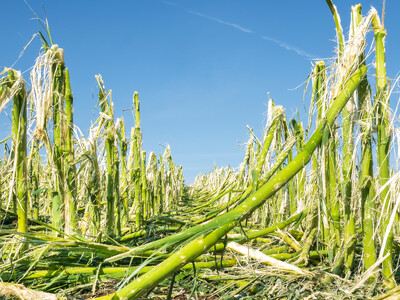Senate Bill Too Costly
Senate Bill Too Costly. I’m Greg Martin with today’s Line On Agriculture.
American Farm Bureau President Bob Stallman expressed farmers’ concerns about climate change legislation at a Senate hearing on the issue. He said cap-and-trade provisions within the Senate bill would be too costly.
STALLMAN: Farmers and ranchers will pay higher fuel, feed and fertilizer costs. Families will be hit hard, with energy costs alone growing by as much as $1,870 per household. Adding in higher food prices could mean costs of nearly $200 billion a year to our citizens.
Stallman testified that the senate plan would encourage farmers to plant trees instead of raising food crops because trees absorb more greenhouse gases.
STALLMAN: Under virtually any scenario, the us agricultural sector will shrink – either through payments to landowners to take land out of growing crops and to grow trees instead, or through producers going out of business because they cannot compete in the new cost structure imposed on the sector. Let me be clear. It is the sharp movement of land out of crop production into forestry that provide the revenue effects for agriculture the administration has been discussing relative to this legislation. That also means the downsizing of American agriculture’s capability to produce food. That outcome will inevitably mean higher food costs for consumers.
Farm Bureau opposes both the house and senate versions of climate change legislation. Stallman said both plans would put
STALLMAN: The irony of this is that
Stallman is adamant that there is a better way to achieve the nation’s energy goals.
STALLMAN: Farm Bureau is not opposed to a revitalized American energy policy. We want to see expanded use of renewable fuels, in particular biofuels, to help make our nation cleaner, more secure and more energy independent, but there is a better way than a mandatory cap-and-trade program that imposes large new energy costs on agriculture and the rest of
That’s today’s Line On Agriculture. I’m Greg Martin on the Northwest Ag Information Network.

















